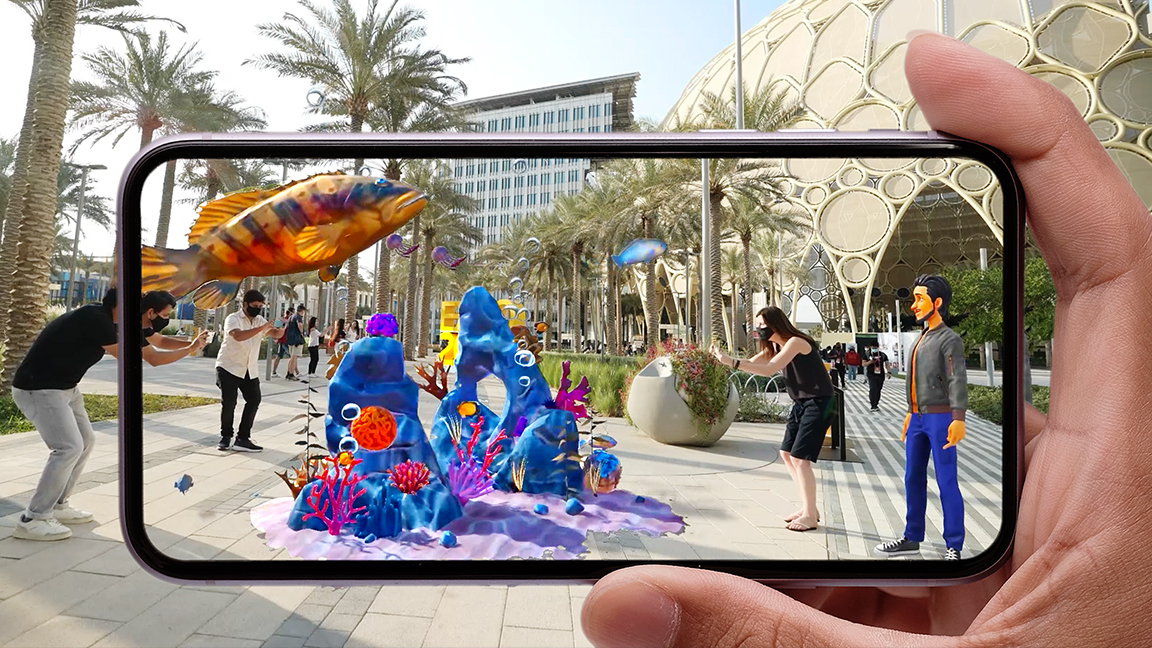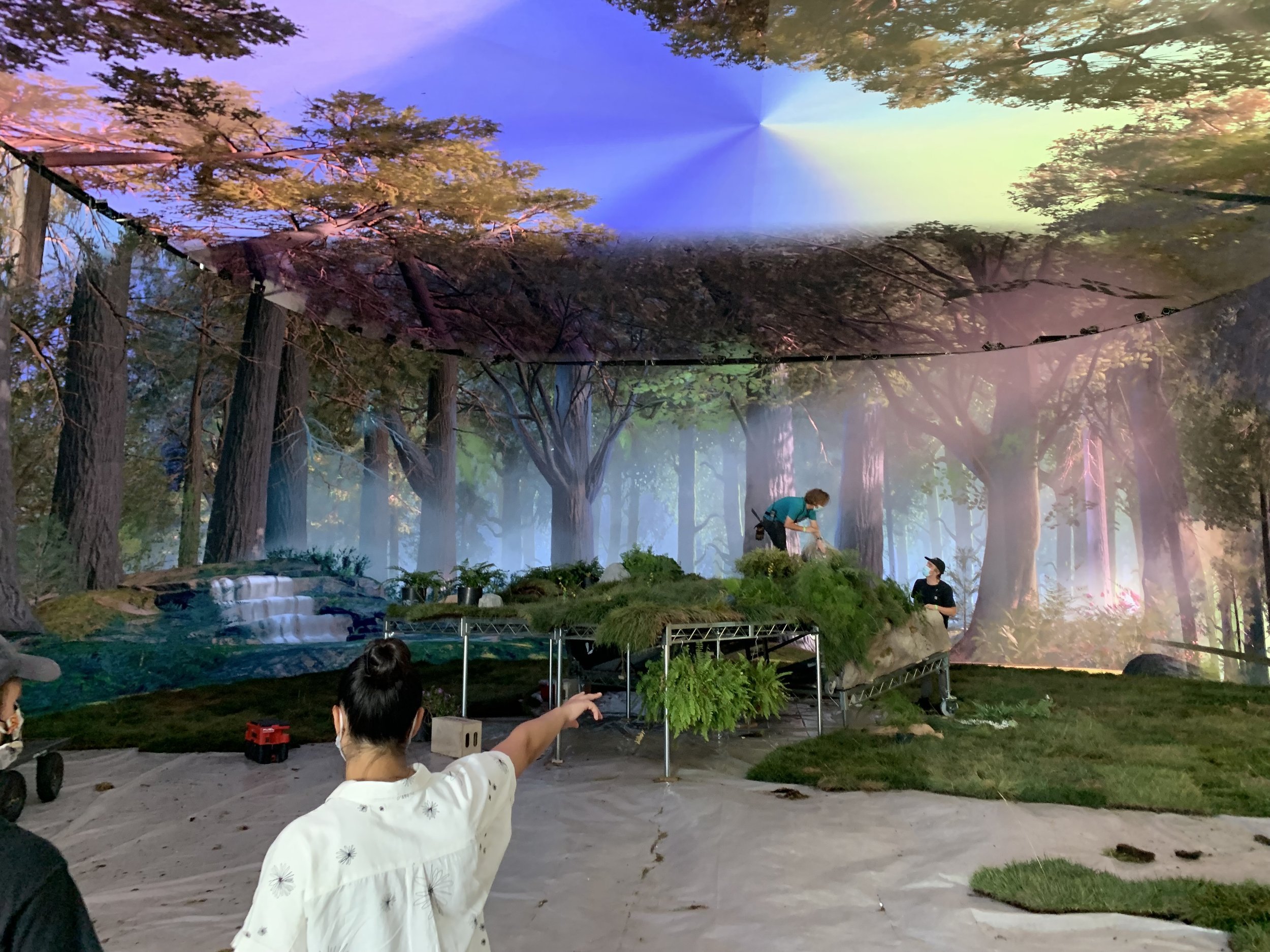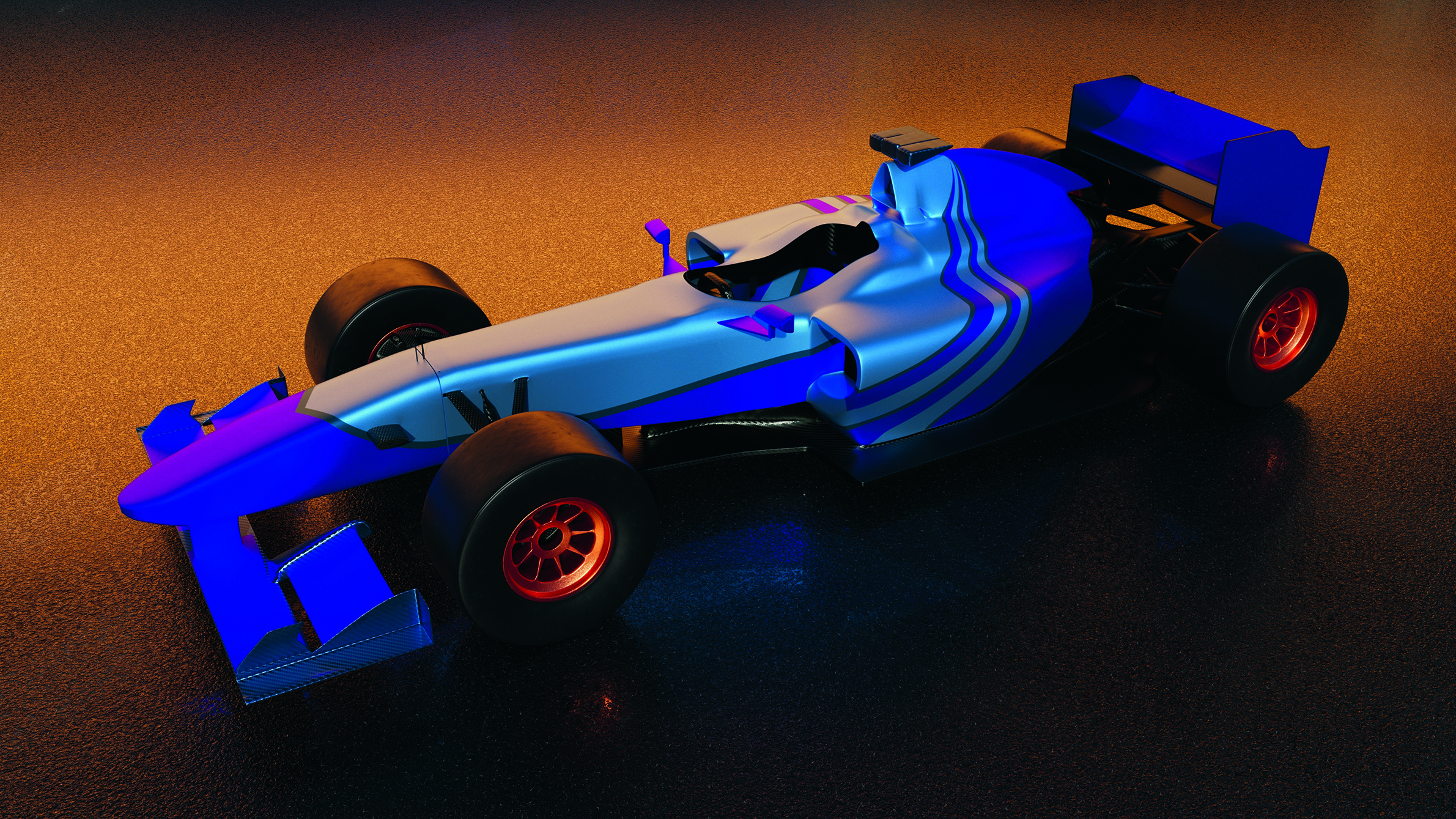Using Unreal Engine: what skills do artists need to make it in real time filmmaking?

Ream time 3D engines are now a mainstay if filmmaking, and in fact Dune's cinematographer Greig Fraser described Unreal Engine and Unity as "the best training tools that I could possibly imagine" in our feature in filmmaking trends. But what skills do artists need to get on in film VFX and can game artists make the leap?
One person who knows is director of virtual production at Magnopus, AJ Sciutto. Magnopus is a pioneering studio that worked on the Disney+ AR short Remembering as well as specialising in virtual production using Unreal Engine. Fresh from the success of creating four virtual sets for Amazon's hit Fallout TV series, I ask AJ what skills do artists need to have, or develop, to succeed in a real time filmmaking workflow?
"That's a great question," he laughs, " and it's a question we've been rubbing beards on for the last couple of years… how to properly crew a virtual art department?"
Games vs VFX skills?

He explains how VFX artists and game artists come to real time creativity in two differing ways. He tells me how he's found traditional VFX artists have a "clarity of realism" that he's not seen in games artists.
"What we found is that the visual effects artists tend to have a more trained eye on how to get to a photo realism standpoint with art, whereas the game design folks come in with these tips and tricks for how to optimise art that a visual effects artist has never thought of before," says AJ. "And it's that combination of talents and experience that are the only things that you can put together to get to a photo-realistic environment that needs to run in real time on a reality wall."
He adds: "So when we found is that in building these crews, we tend to put our supervisors in lead people from an aesthetic point of view that have traditional visual effects backgrounds, and then we filled with majority of the team with game designers who know how to build high quality real time and optimised assets, and who have all the tips and tricks for hiding normal data into colour channels and doing optimisation tweaks for making things run at incredible frame rates. Putting those crews together to fill out, to build the environments, that's been successful for us in the last couple shows."
No, games or VFX skills
The answer to what skills do artists need to make in real time filmmaking, then, is a bit of both games and VFX knowledge, or to embrace your specialism and blend those skills with others.
Daily design news, reviews, how-tos and more, as picked by the editors.
For more insights into how Unreal Engine is influencing filmmaking is read our feature on how the short fiim Voice in the Hollow was made. If you're inspired, read our guide to the best laptops for game development and start creating.

Ian Dean is Editor, Digital Arts & 3D at Creative Bloq, and the former editor of many leading magazines. These titles included ImagineFX, 3D World and video game titles Play and Official PlayStation Magazine. Ian launched Xbox magazine X360 and edited PlayStation World. For Creative Bloq, Ian combines his experiences to bring the latest news on digital art, VFX and video games and tech, and in his spare time he doodles in Procreate, ArtRage, and Rebelle while finding time to play Xbox and PS5.
